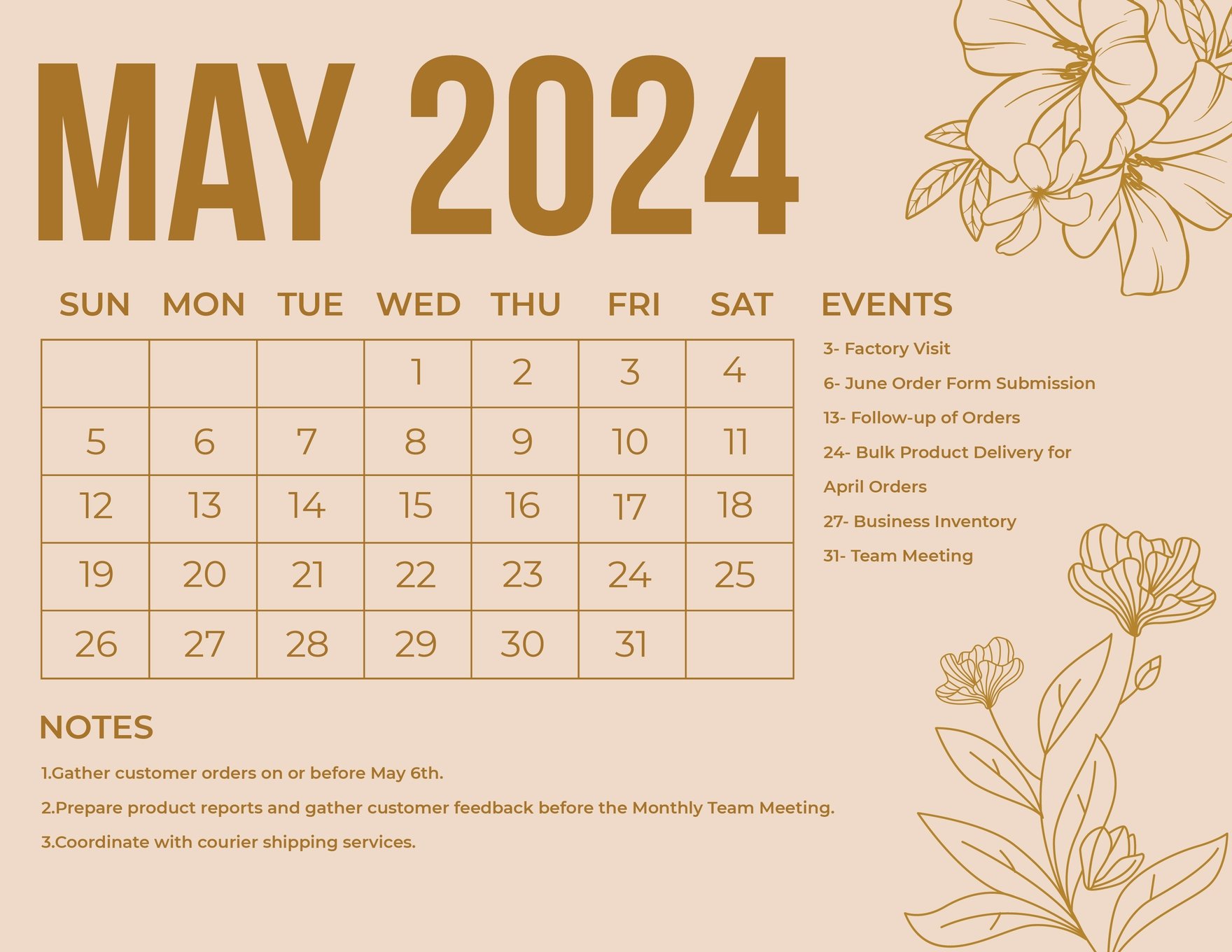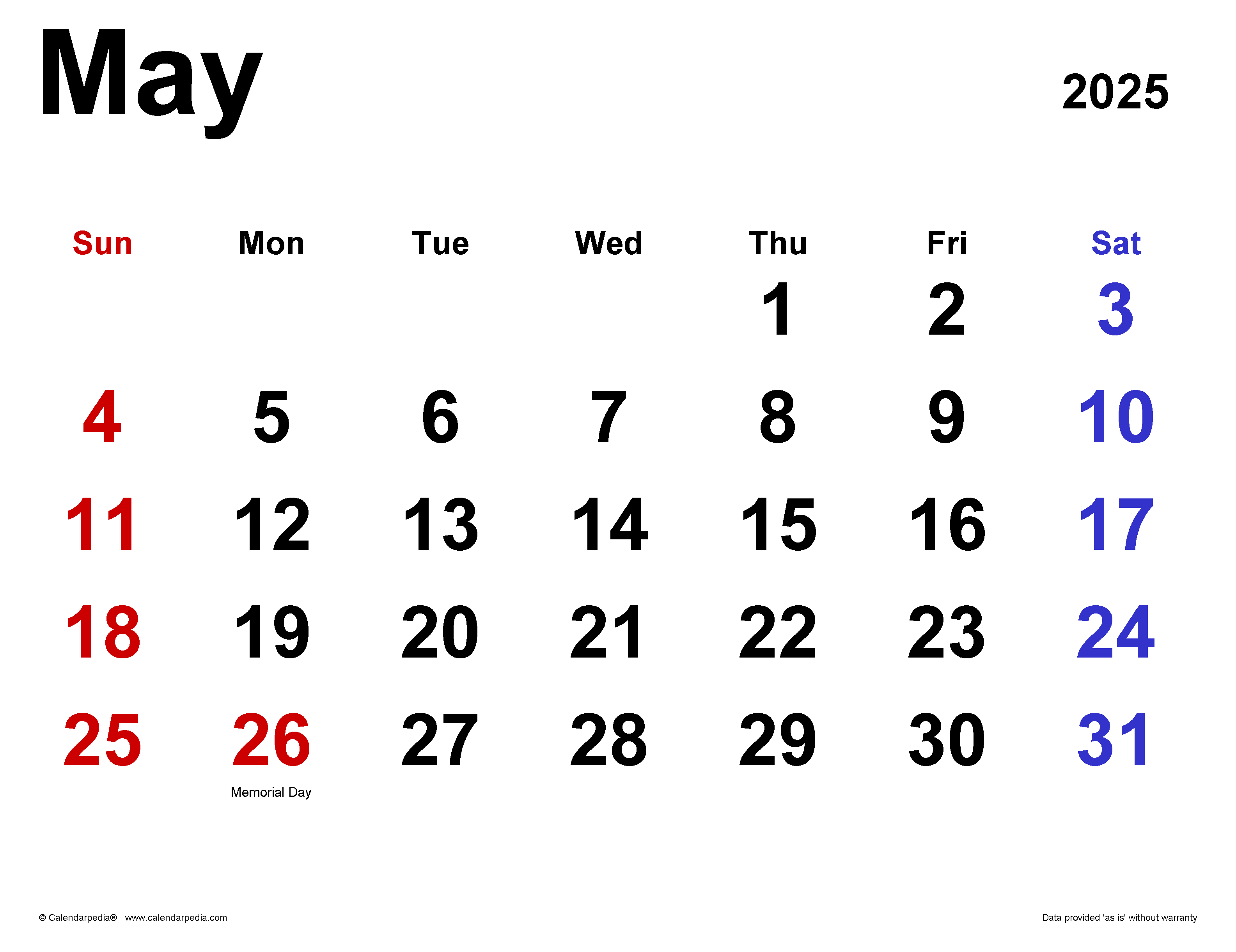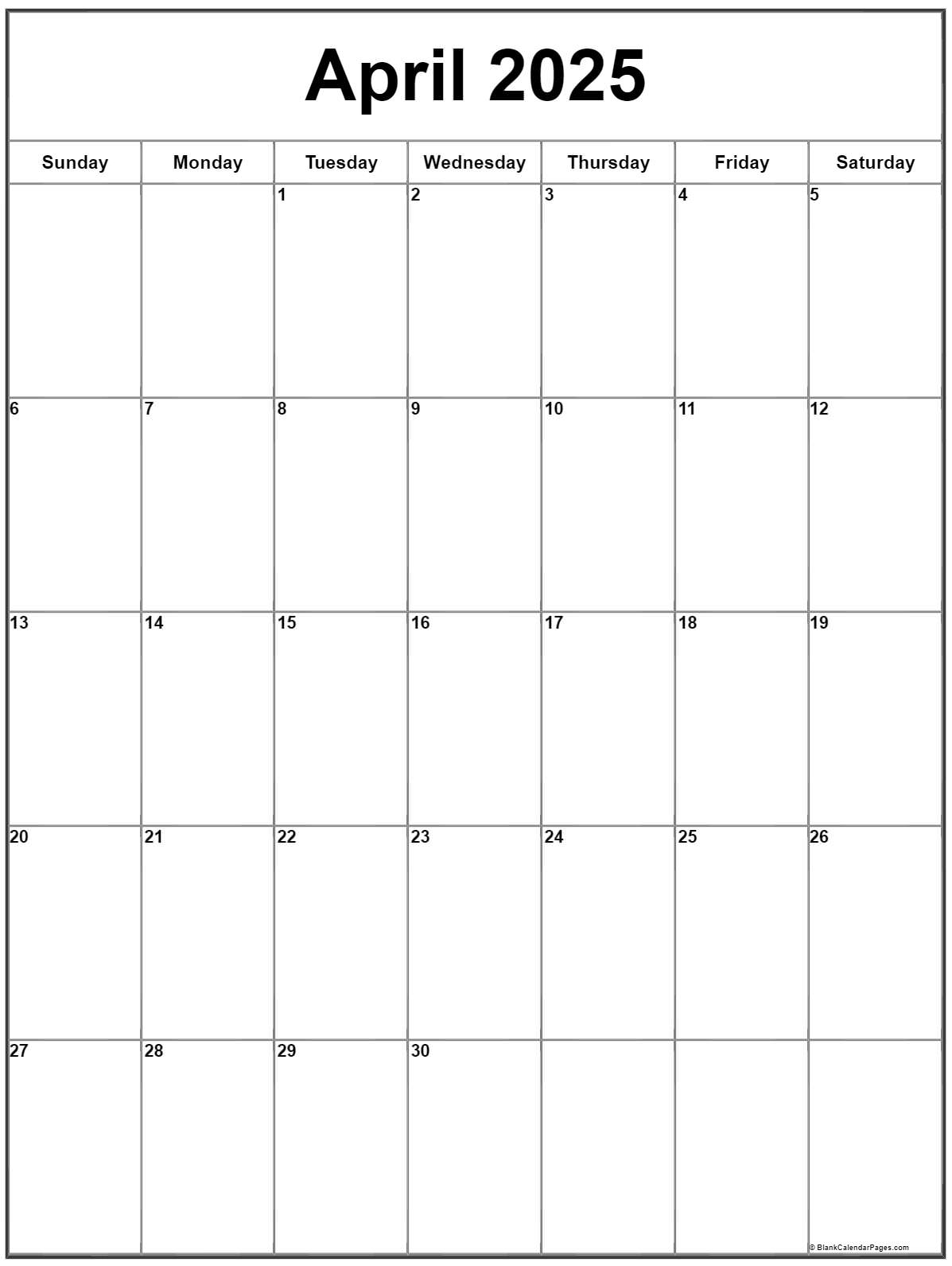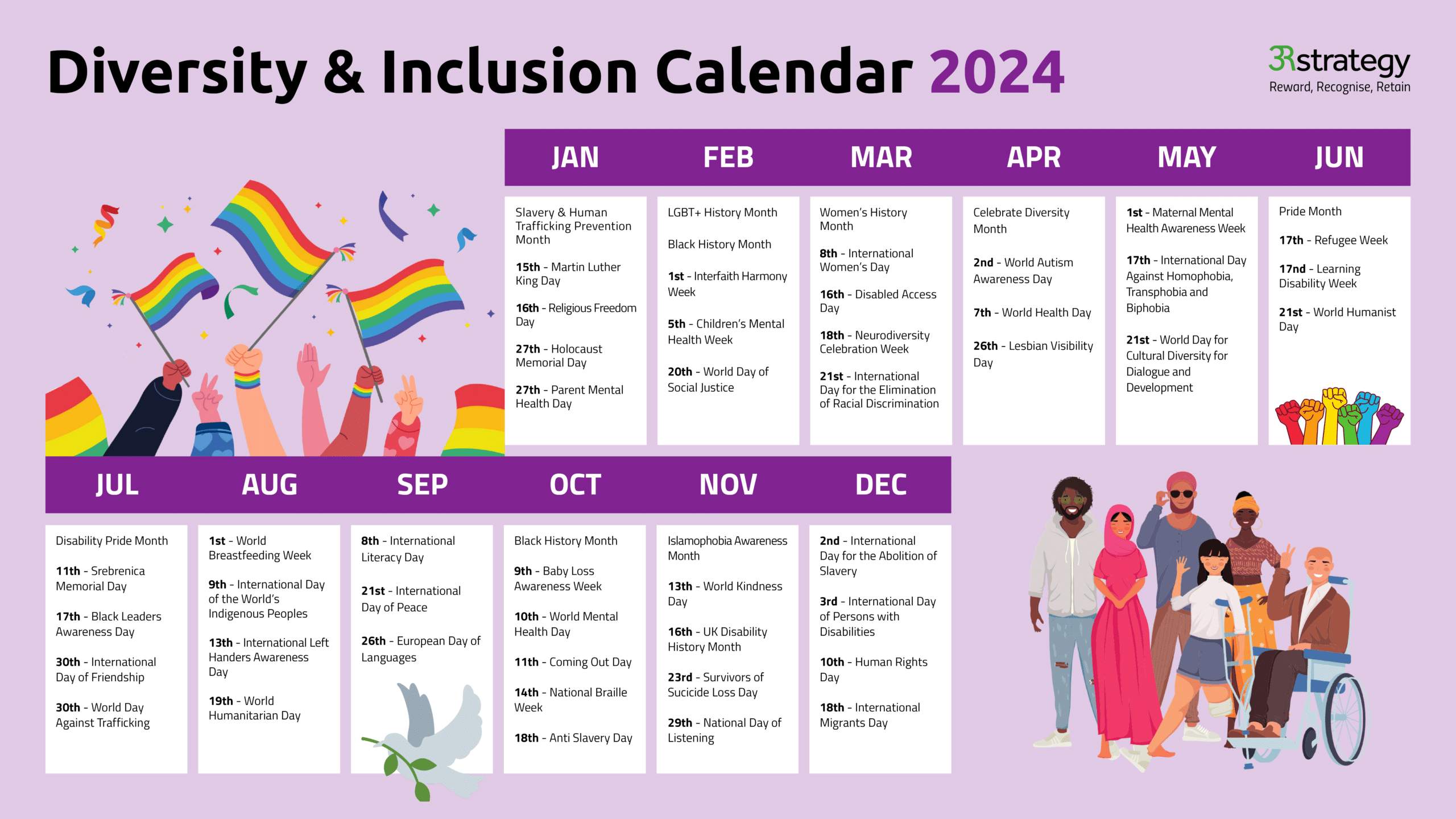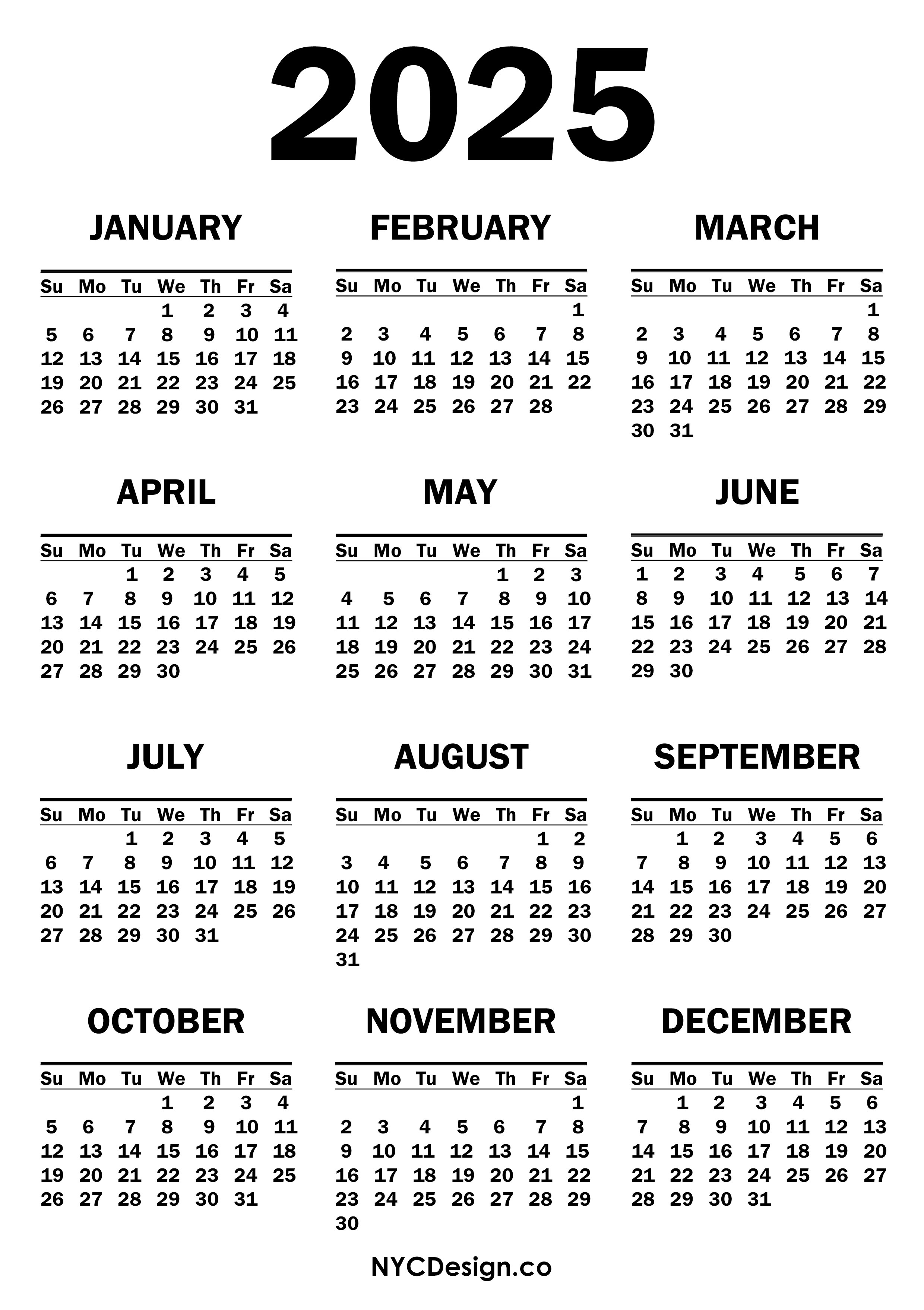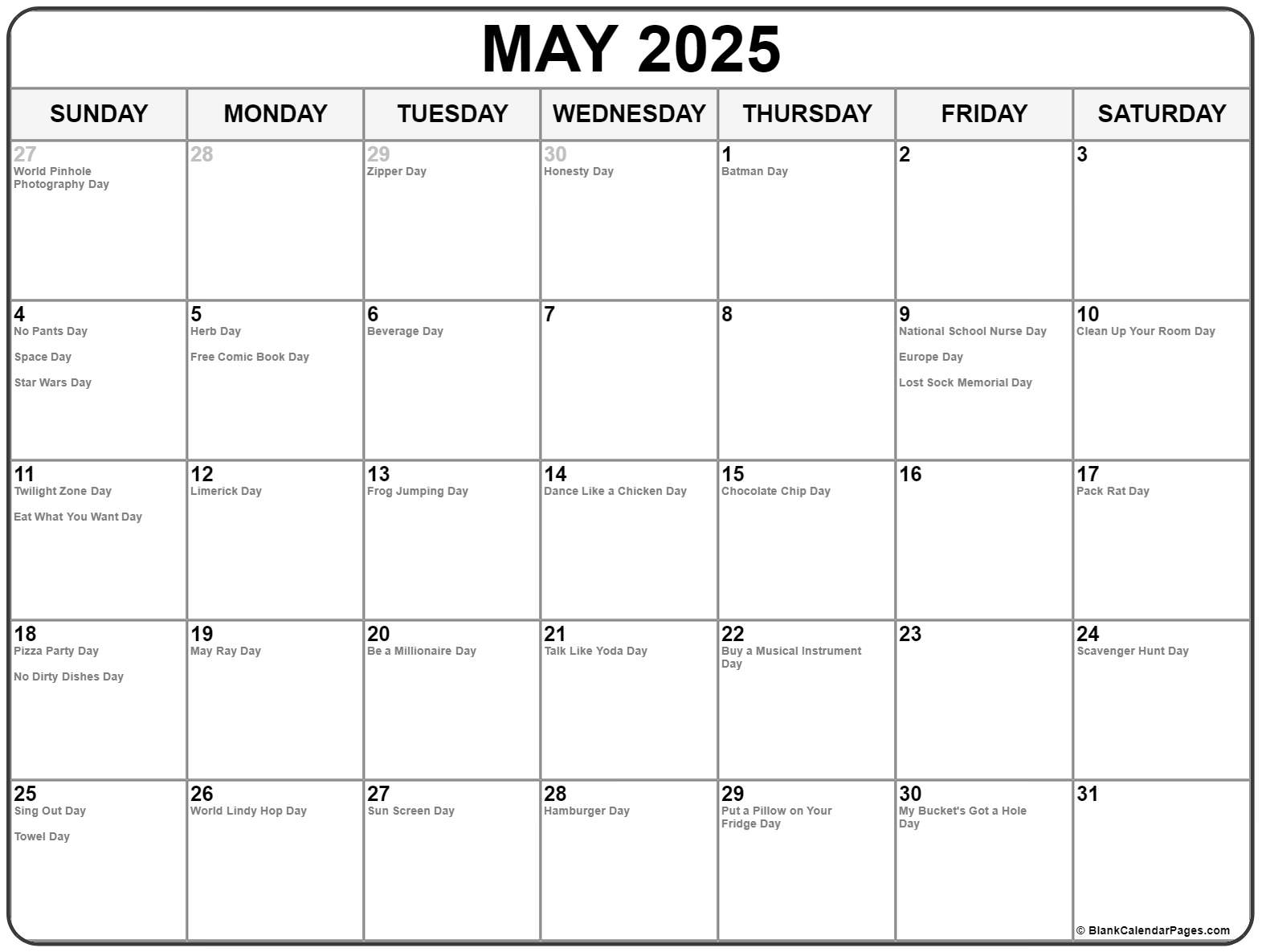With May 2025 Calendar How To Organize Events
Mastering May 2025: A Comprehensive Guide to Event Organization
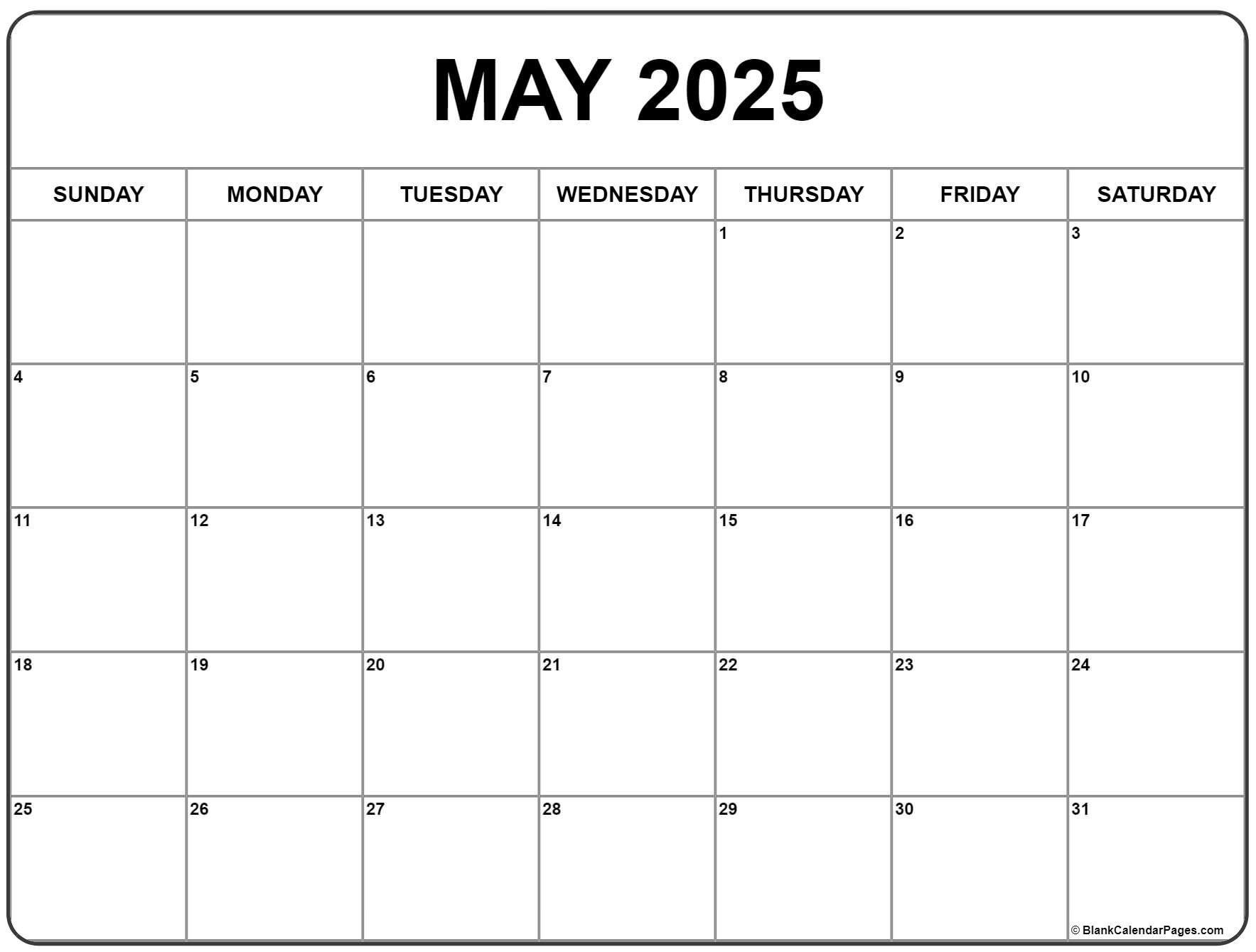
May 2025. The month stretches before you, a blank canvas ripe with potential for birthdays, graduations, conferences, weddings, family reunions – the list goes on. Successfully navigating this month and ensuring every event runs smoothly requires meticulous planning and organization. This article provides a comprehensive guide, using a hypothetical May 2025 calendar as a framework, to help you master the art of event organization.
Understanding Your May 2025 Calendar:
Before diving into specific strategies, it’s crucial to visualize your May 2025. While we can’t provide a real calendar here (as the specific days of the week for May 2025 aren’t yet set), let’s imagine a sample:
(Hypothetical May 2025 Calendar – Replace with your actual calendar once available)
| Sun | Mon | Tue | Wed | Thu | Fri | Sat |
|---|---|---|---|---|---|---|
| 1 | 2 | 3 | 4 | 5 | 6 | 7 |
| 8 | 9 | 10 | 11 | 12 | 13 | 14 |
| 15 | 16 | 17 | 18 | 19 | 20 | 21 |
| 22 | 23 | 24 | 25 | 26 | 27 | 28 |
| 29 | 30 | 31 |
This hypothetical calendar allows us to discuss organizational strategies applicable to any May 2025. Remember to replace this with your actual calendar once it’s available.
Phase 1: Inventory and Prioritization (Weeks 1-2)
The first two weeks of May are crucial for assessing your commitments and prioritizing events.
- List all events: Begin by compiling a comprehensive list of every event scheduled for May 2025. This includes personal events (birthdays, anniversaries, family gatherings), professional events (conferences, meetings, deadlines), and social events (dinners, parties, outings).
- Categorize events: Group events by type (personal, professional, social) and importance (high, medium, low). This helps visualize the workload and identify potential conflicts.
- Prioritize based on urgency and importance: Use a prioritization matrix (Eisenhower Matrix) to categorize tasks based on urgency and importance. High-importance, high-urgency events take precedence.
- Identify potential conflicts: Review your calendar for overlapping events. Can you reschedule any events to avoid conflicts? Can you delegate tasks to alleviate pressure?
- Set realistic deadlines: For each event, establish realistic deadlines for various tasks (invitations, venue booking, catering, etc.). Breaking down large events into smaller, manageable tasks prevents overwhelm.
Phase 2: Detailed Planning (Weeks 3-4)
With your priorities established, it’s time to delve into detailed planning.
- Create detailed event plans: For each event, develop a comprehensive plan outlining all necessary steps. This includes:
- Guest list: Compile a precise guest list with contact information.
- Budget: Establish a realistic budget and track expenses meticulously.
- Venue: Secure the venue, considering capacity, accessibility, and amenities.
- Catering/Food: Arrange catering or plan the menu, considering dietary restrictions and preferences.
- Entertainment: Plan entertainment, if needed (music, activities, etc.).
- Decorations: Decide on decorations and purchase or arrange them in advance.
- RSVP tracking: Implement a system for tracking RSVPs and managing guest lists.
- Timeline: Create a detailed timeline for each event, outlining tasks and deadlines.
- Utilize digital tools: Leverage calendar apps (Google Calendar, Outlook Calendar), project management software (Asana, Trello), and spreadsheet programs (Excel, Google Sheets) to manage tasks, deadlines, and budgets efficiently.
- Delegate tasks: Don’t be afraid to delegate tasks to others. This frees up your time and ensures a more collaborative approach.
- Confirm bookings: Confirm all bookings (venue, caterers, entertainment) well in advance to avoid last-minute issues.
Phase 3: Execution and Monitoring (Weeks 4-5)
The final weeks of May are dedicated to execution and monitoring.
- Stay organized: Maintain a consistent organizational system throughout the planning process. Regularly update your calendar and to-do lists.
- Communicate effectively: Maintain clear and consistent communication with all involved parties (guests, vendors, team members).
- Monitor progress: Regularly monitor progress against your plans and make adjustments as needed. Flexibility is key.
- Handle unexpected issues: Be prepared to handle unexpected issues (e.g., vendor cancellations, weather changes). Have contingency plans in place.
- Gather feedback: After each event, gather feedback from attendees to improve future events.
Specific Event Types and Organizational Tips:
- Weddings: Hire a wedding planner if possible. Create detailed seating charts, manage RSVPs diligently, and ensure timely communication with vendors.
- Conferences: Manage registrations, create a detailed schedule, arrange speakers and presentations, and ensure proper logistics (venue, catering, AV equipment).
- Family Reunions: Coordinate with family members to plan activities, create a family history display, and ensure everyone feels included.
- Birthdays: Plan the party based on the birthday person’s preferences, send invitations in advance, and arrange for gifts and cake.
Technology and Tools for Event Organization:
Several technological tools can significantly streamline event organization:
- Calendar Apps: Google Calendar, Outlook Calendar, Apple Calendar
- Project Management Software: Asana, Trello, Monday.com
- Spreadsheet Programs: Microsoft Excel, Google Sheets
- RSVP Tracking Tools: Eventbrite, Paperless Post
- Budgeting Apps: Mint, YNAB (You Need A Budget)
- Communication Tools: Slack, WhatsApp, Email
Conclusion:
Successfully organizing multiple events in May 2025 requires a proactive and organized approach. By following the steps outlined above, utilizing appropriate technology, and maintaining consistent communication, you can transform the month from a potential source of stress into a period of enjoyable and memorable experiences. Remember to adapt these strategies to your specific needs and the nature of your events. The key is proactive planning, diligent execution, and a willingness to adapt as needed. Happy organizing!
